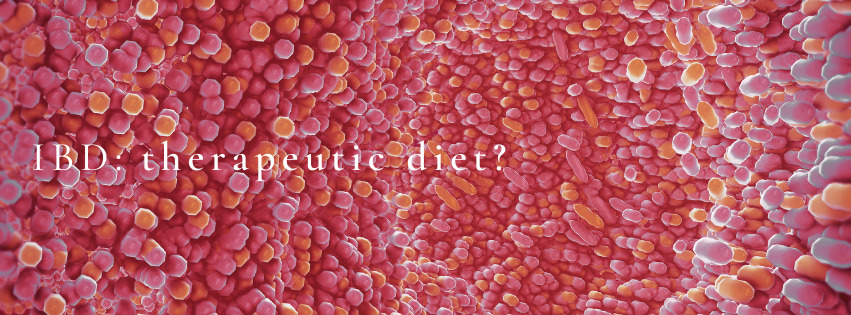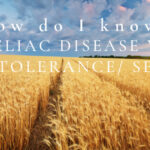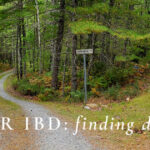WHEN A THERAPEUTIC DIET MIGHT BE NECESSARY
Therapeutic diets have been used for decades to manage various health conditions, especially gastrointestinal (GI) disorders. Although therapeutic diets can be beneficial for many patients, they must be used judiciously to avoid the risk of disordered eating, particularly in children. As a naturopathic doctor specializing in gastroenterology, I recognize the importance of using therapeutic diets for short periods of time to reduce symptoms and then gradually expanding the diet as symptoms improve. One important exception is celiac disease, which is an auto-immune disorder requiring lifelong complete avoidance of gluten.
One such GI disorder that can benefit from a therapeutic diet is inflammatory bowel disease (IBD), including ulcerative colitis and Crohn’s disease. According to a study published by Dr. Samir Kakodkar, the Specific Carbohydrate Diet (SCD) has been successful in reducing symptoms in patients with IBD by avoiding specific carbohydrates that promote the growth of harmful bacteria in the gut microbiome. Instead, SCD promotes the growth of healthy, anti-inflammatory bacteria in the gut microbiome, thereby reducing inflammation in the GI tract.
Additionally, researchers at the University of Massachusetts Medical School are conducting nutrition research on IBD and have developed the IBD-Anti-Inflammatory Diet (IBD-AID). This diet focuses on adding pre and probiotic foods while limiting inflammatory carbohydrates to induce anti-inflammatory bacteria into the gut, leading to longer-lasting remissions.
The UMass website has a wealth of information on IBD-AID, which includes a comprehensive breakdown of the diet, recipes, and scientific studies that support its use in managing IBD symptoms.
It’s important to note that everyone’s body is unique, and therapeutic diets should be individualized to ensure the best outcomes. Frequent follow-up with a healthcare provider is recommended to monitor symptoms and adjust the diet as needed.
Natural medicine can work very well to improve GI health. Please contact Dr. Heather Buckle ND, FABNO if you have questions about integrative solutions for any gastrointestinal issues you may have. If you live in Washington state and would like to learn more about Dr. Buckle’s naturopathic approach to your wellness, please call (206) 643-2239 or CLICK HERE to schedule a consultation.
SOURCES
Kakodkar, Samir, and Ece A Mutlu. “Diet as a Therapeutic Option for Adult Inflammatory Bowel Disease.” Gastroenterology clinics of North America vol. 46,4 (2017): 745-767. doi:10.1016/j.gtc.2017.08.016
“Inflammatory Bowel Disease – Center for Applied Nutrition at UMass Chan Medical School.” UMass Chan Medical School, 22 June 2022, https://www.umassmed.edu/nutrition/ibd/.


















No comments yet.